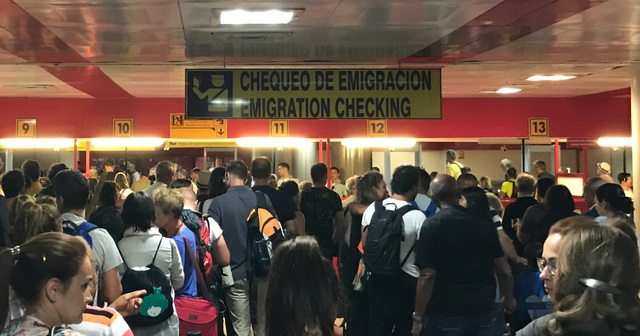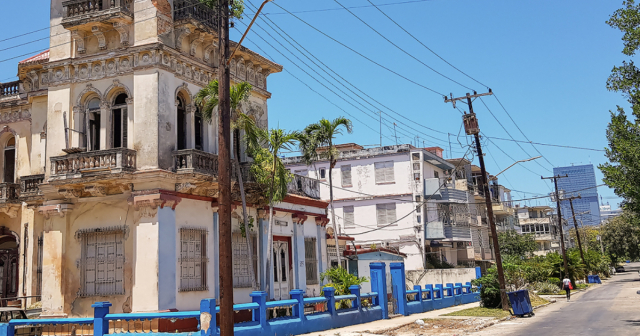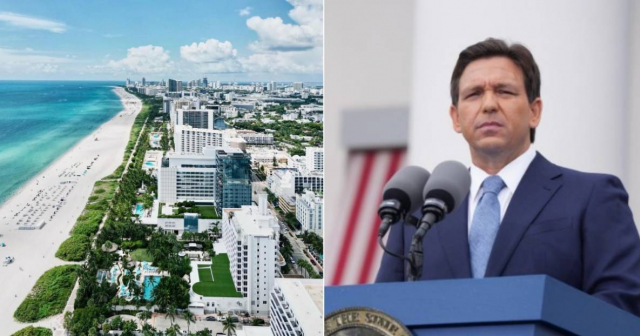The possibility of renouncing Cuban citizenship has once again become a topic of debate on social media following the unveiling of the Migration Law project presented by the government this week.
This project is published in a context marked by the dispersion and complexity of Cuban legislation. It has raised numerous questions about the rights of Cubans abroad and the regulations that govern them.
Lieutenant Colonel Roilán Hernández, Head of the Legal Advisory Department of the Ministry of the Interior, said this Thursday on National Television that renouncing Cuban citizenship is not only related to the future Citizenship Law, but also to an article of the 2019 Constitution.
It is related to Article 36 of the Constitution of the Republic, which describes the principle of effective citizenship. The principle establishes that Cubans do not lose their Cuban citizenship by having another. No measures will be taken in the country in relation to that," said the Lieutenant Colonel.
He warned that this also requires Cubans to behave like nationals while in the country, meaning they cannot hold another citizenship while in Cuban territory.
From this norm, it must be understood that a Cuban when arriving in Cuba must identify himself with his national passport, his Cuban passport, not with that of another citizenship," the official insisted.
Legalis Cuba, a platform managed by jurists in the independent media ElToque, pointed out that although the Migration Law project mentions the possibility of renouncing Cuban citizenship, this would not be available immediately after the approval of the Law.
The 2019 Constitution, in its article 38, establishes that a law must define the procedure for the renunciation and loss of citizenship, but such law has not been issued.
If approved, the Migration Law project would establish that Cubans who renounce their citizenship would be considered foreigners.
These individuals, for the purposes of entering and leaving the country, would be subject to presenting a foreign passport. However, the Migration Law is not sufficient to regulate this process; a Citizenship Law is required to establish clearly the procedures for renouncing Cuban citizenship.
Since 1976, when the right to renounce citizenship was included in the Constitution, no legal regulations have been implemented to allow Cubans to exercise that right. The draft of the new Migration Law mentions this possibility but does not provide a comprehensive legal framework to carry it out.
Legal experts such as Eloy Viera Cañide, coordinator of ElToque Jurídico, who was interviewed by journalist Mario Pentón, warn that Cuban authorities have claimed to be working on a Citizenship Law, but this regulation has been repeatedly delayed.
The lack of a clear and defined law allows the regime to use deregulation as a mechanism to impose obligations on citizens without guaranteeing full rights. An example is the obligation to enter and leave Cuba with a Cuban passport, even for those who have dual nationality.
The Legislative Schedule approved by the National Assembly of People's Power (ANPP) for 2024 foresees the approval of the Citizenship Law along with other important laws. However, to date, this project has not been published, suggesting that the approval will not take place within the expected timeframe.
The current Migration Law project in its Title V, Article 56, details the migratory treatment for individuals who renounce Cuban citizenship.

These individuals, once their resignation is approved, will be considered foreigners and will be subject to the corresponding immigration requirements, including the presentation of a foreign passport and visa.
While the possibility of renouncing Cuban citizenship has been recognized in theory since the 1976 Constitution and mentioned in the Migration Law project, in practice, the lack of a specific Citizenship Law prevents exercising this right immediately.
The approval and enactment of said law is necessary to clearly establish the procedures and competent authorities for the renunciation of Cuban citizenship, something that has so far been evaded by the authorities of the island.
What do you think?
COMMENTFiled under:






